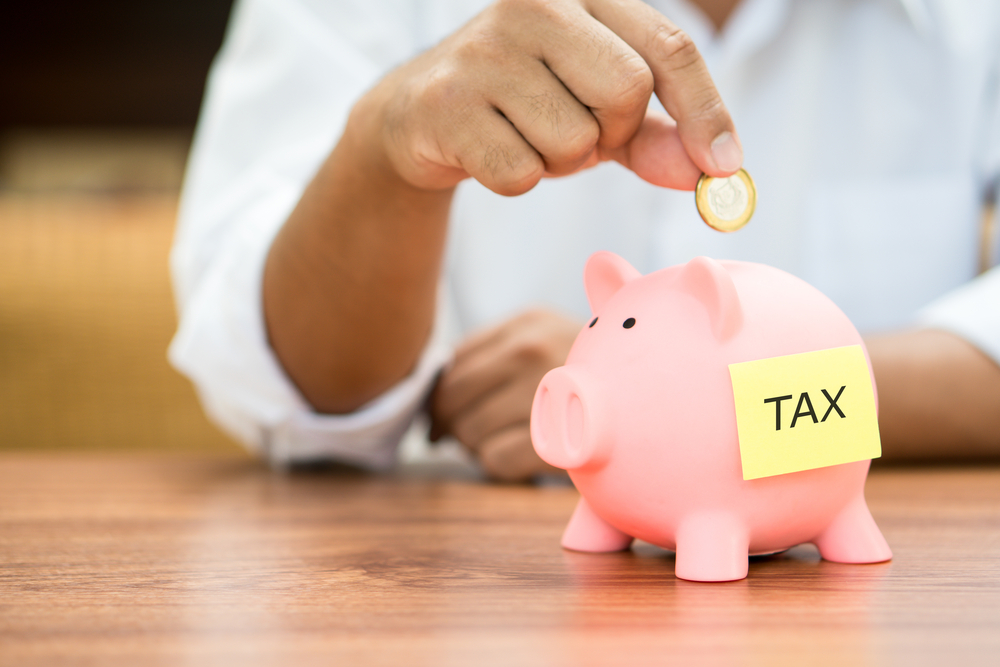News
Autumn Statement 2022: Millions to pay more in tax but minimum wage to rise

The government has frozen income tax bands while it has lowered the earnings threshold for the highest earners. Meanwhile, the National Living Wage will rise next year.
As part of the Chancellor’s Autumn Statement today, he confirmed the personal allowance and income tax bands would be frozen for another two years until 2028. This move was predicted by experts in YourMoney.com last week.
However, Jeremy Hunt also announced a cut to the threshold for the additional rate of tax, from £150,000 to £125,140.
This means that over the next five years:
- The personal allowance will remain at £12,570
- Basic rate taxpayers will continue to pay 20% tax on incomes between £12,571 to £50,270
- Higher rate taxpayers will pay 40% tax on earnings between £50,271 to £125,140
- Additional rate taxpayers will pay 45% tax on earnings above £125,140.
According to calculations by wealth manager Quilter, if wage growth is on average 5% per year for the next five years but as the income tax thresholds remain frozen, someone earning £35,000 today will be £695 worse off in the 28/29 tax year and cumulatively £2,016 poorer over the five-year period.
Shaun Moore, financial planning expert at Quilter, added: “Similarly, if you earn £50,000 today, then you will be £3,403 worse off in the 2028/29 tax year and in total be £9,765 poorer over the five-year period.
“Even with wage growth of just 3% per annum for the next five years, someone earning £35,000 today would still be £400 worse off in the 2028/29 tax year and £1,178 poorer over the five-year period if income tax thresholds remain frozen.
“And with 3% wage growth, someone earning £50,000 would be £1,939 worse off in the 2028/29 tax year and £5,592 poorer over the five-year period.”
Eight million to pay higher rate of tax at 40%
Meanwhile, Anthony Whatling, tax partner at wealth manager and professional services firm Evelyn Partners, said in 1990 only 1.7 million people paid 40% tax, with the figure rising to 2.1 million when Tony Blair came into power in 1997.
“HMRC estimated the number of people being drawn into the higher rate band to have surged by nearly 44% since the 2019/20 tax year to 5.5 million this year.
“At these rates of increase, and given that earnings are rising quite rapidly, it is probable that the number of people subject to 40% income tax will exceed eight million under this prolonged freezing of allowances until 2028. That will be double the number of higher rate taxpayers when the initial freeze was announced by Sunak in 2021.”
Whatling added: “The threshold at which the top rate of income tax is paid has been frozen at £150,000 since it was introduced in 2010. Initially it was paid by 236,000 workers but is now paid by 629,000 – and with the slashing of the threshold to £125,140 it has been estimated that number could now jump by another 246,000.”
National Living Wage and National Minimum Wage rises
From 1 April 2023, the government will increase the National Living Wage (NLW) by 9.7%, taking the hourly rate to £10.42 an hour for workers aged 23 and over.
The government said “this is in line with the ambitious target for the NLW to reach two-thirds of median earnings by 2024, and for the age threshold to be lowered to those aged 21 and over”.
This represents an increase of over £1,600 to the annual earnings of a full-time worker on the NLW, and is expected to benefit over two million low paid workers.
National Minimum Wage (NMW) rates will also be increased from April 2023, including:
- Increasing the rate for 21-22 year olds by 10.9% to £10.18 an hour
- Increasing the rate for 18-20 year olds by 9.7% to £7.49 an hour
- Increasing the rate for 16-17 year olds by 9.7% to £5.28 an hour
- Increasing the apprentice rate by 9.7% to £5.28 an hour
- Increasing the accommodation offset rate by 4.6% to £9.10 an hour.